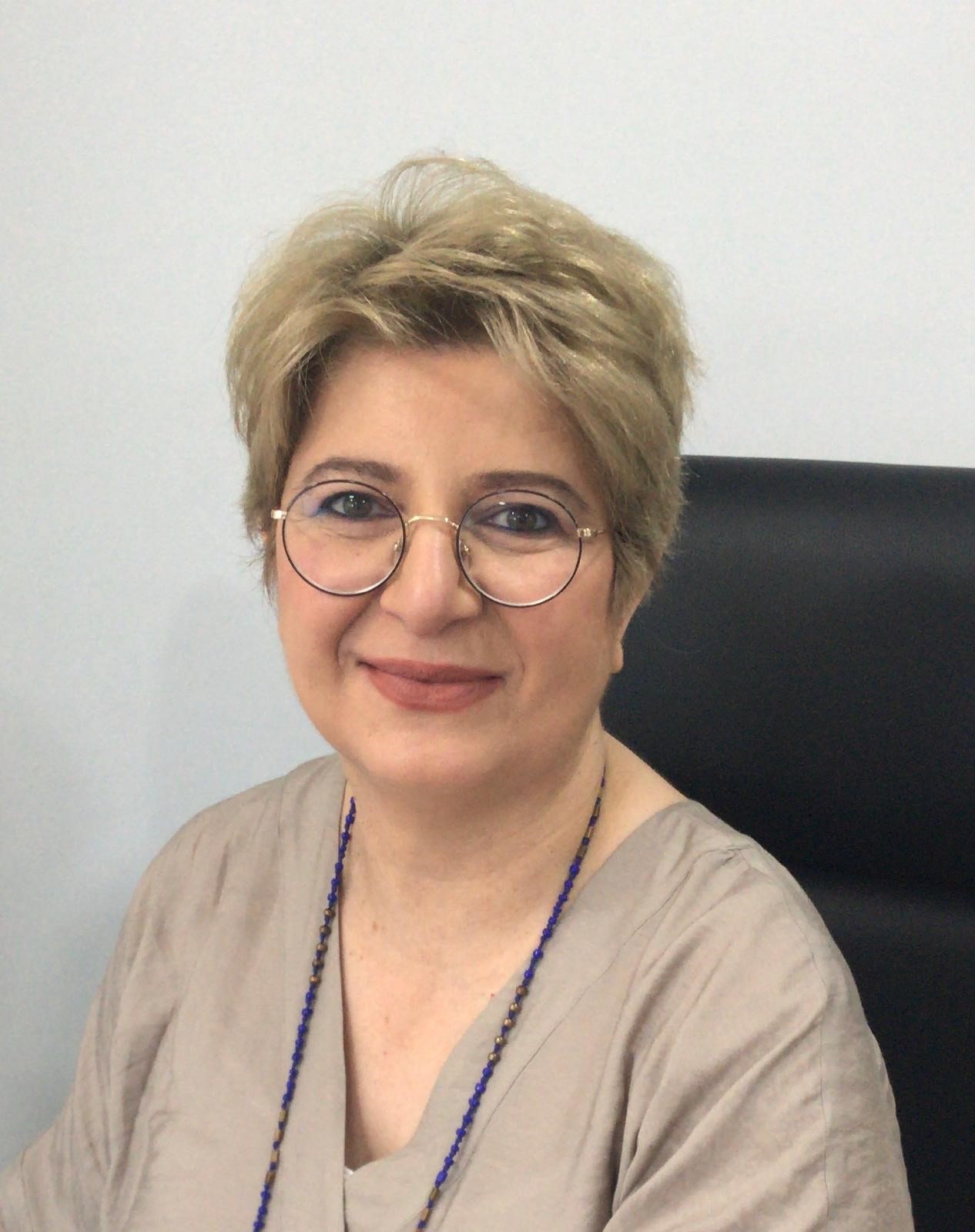
Biruni University Nutrition and Dietetics Department Head Prof. Dr. Fatma Çelik made statements on the effects of milk consumption on human health. She stated that excessive milk consumption in children can lead to problems such as loss of appetite, anemia and constipation.
All mammals produce milk and humans use the milk of cows, sheep, goats, horses, camels and other mammals as a food source. Prof. Dr. Çelik stated that this tradition dates back to approximately 10,000 years ago. “We know that milk was an important source of nutrition in the early stages of human life. Breast milk contains all the necessary nutrients for babies and is indispensable for healthy growth.”
Providing information about the rich nutritional content of milk obtained from various animals, Çelik emphasized that milk is a good quality protein source and contains a significant amount of essential amino acids. He also stated that milk has a profile that complements the amino acid deficiencies in vegetable protein sources such as wheat and corn.
However, excessive milk consumption causes loss of appetite, anemia and constipation
Referring to the effects of milk on heart health, Prof. Dr. Çelik said, “Milk fat contains especially saturated fatty acids. However, studies show that consumption of milk and yogurt in normal daily amounts for a person is not associated with an increase in cardiovascular diseases.” Çelik stated that consumption of milk and its products does not increase the risk of heart diseases, and compared to butter, in some studies, cheese raised LDL cholesterol levels, which is recognized as bad cholesterol, less.
Pointing out that studies have shown that direct and dosed milk consumption can reduce the risk of colorectal cancer, Çelik stated that excessive cow's milk consumption can lead to problems such as loss of appetite, anemia and constipation in children.
“Contributes to bone development”
Prof. Dr. Çelik also emphasized the benefits of milk and dairy products for bone health. “Milk and dairy products are sources of calcium with high bioavailability. It contributes to bone development during childhood and adolescence and can help reduce bone loss in adulthood with the right physical activity.” He also stated that milk and its products are an important source of not only calcium but also minerals such as phosphorus, magnesium, potassium, potassium and zinc.
“It is the dose that distinguishes poison from non-poison”
Prof. Dr. Fatma Çelik emphasized that the benefits of milk are scientifically proven but excessive consumption should be avoided. “Every substance is poison. It is the dose that distinguishes what is poison and what is not,” Çelik said, noting that studies conducted in our country show that especially young girls and women do not consume enough milk and dairy products.
İHA Haber Kodu: 20241112AW327424